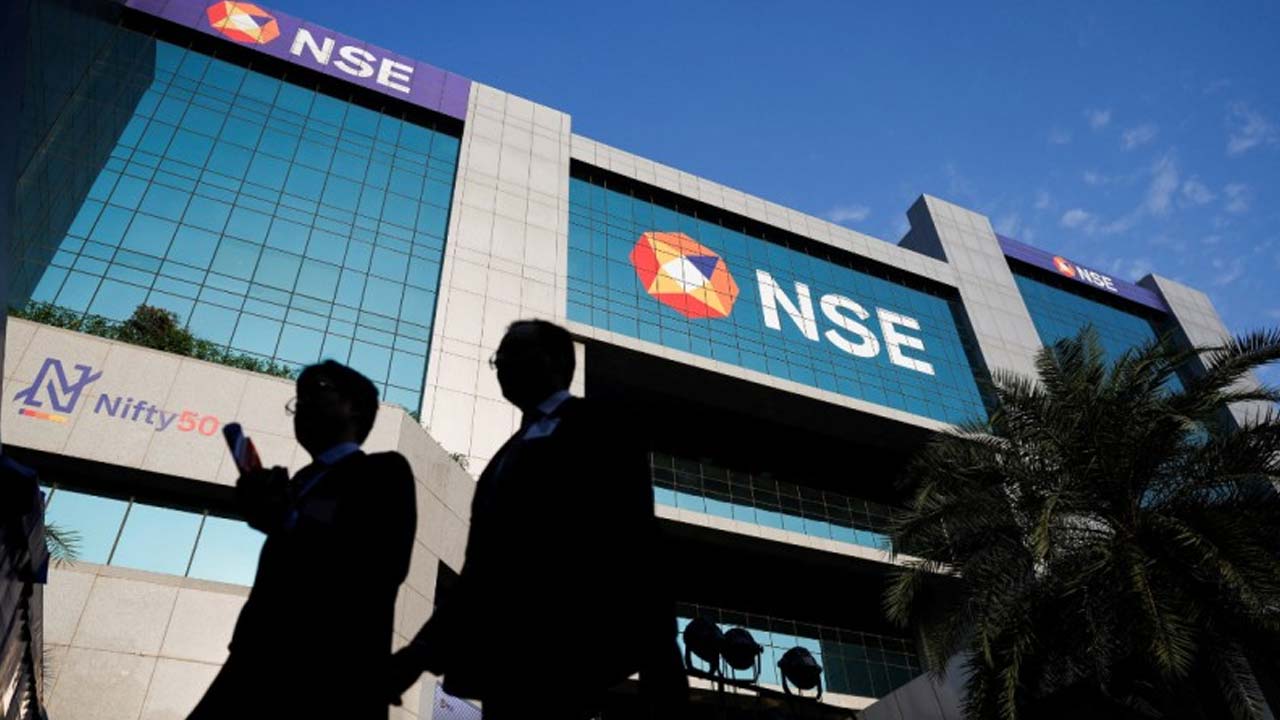
Global investors may seek relative stability in India's financial markets, insulated from the potential spillover effects of Donald Trump's economic policies, including protectionist trade measures that could trigger volatility in emerging markets.
Trump's recent election victory and his anticipated return to the White House next month have created considerable uncertainty for investors.
However, India's strong economic performance, limited exposure to the U.S. and Chinese consumer markets, a healthy local demand for equities, and a central bank focused on ensuring currency stability are expected to enhance the country's appeal amid global uncertainty, according to investors and analysts.
India's stock market is also likely to receive support from robust domestic buying, due to Indian companies' limited reliance on export revenues.
This is particularly significant as markets brace for a potential return of Trump's "America First" policies, which could heighten fears of a global trade war.
China stands to bear the brunt of this risk, given that Trump has threatened to impose tariffs of 60 percent or higher on all Chinese imports, which would put additional pressure on the world’s second-largest economy.
According to analysts at Societe Generale, tariffs on China are expected to negatively affect export-driven Asian economies, with India positioned better than Korea and Taiwan to weather the storm.
"Absent any major fiscal changes, China's economy is likely to face downward pressure following Trump's victory," said Sat Duhra, a Hong Kong-based portfolio manager for Janus Henderson Investors’ Asia (ex-Japan) equity team.
While some investors shifted from India to Chinese stocks last month, Duhra believes that "investor interest could quickly revert back to India due to its status as a safe haven."
Though foreign investors withdrew a record $11.2 billion from Indian equities in October, domestic institutional investors stepped in with stock purchases amounting to a record $12.7 billion, helping limit the decline of benchmark indexes.
Domestic investors view India as a beneficiary of U.S. companies' supply chain diversification, especially in sectors like electronics manufacturing, chemicals, and pharmaceuticals, according to Trideep Bhattacharya, president and chief investment officer for equities at Edelweiss Mutual Fund.
India's economic prospects have improved since Trump’s first presidency, when GDP growth was slower, compared to the robust 8.2 percent growth seen in the most recent financial year ending in March 2024.
One potential downside for global investors is the high valuations of Indian equities.
The MSCI India index, covering approximately 85 percent of India's equity assets, trades at a forward 12-month price-to-earnings (PE) ratio of 22.8, significantly higher than the PE ratio of 12.08 for MSCI’s emerging market stocks.
While Zurich-based Vontobel Asset Management remains cautious about Indian equities, it is optimistic about the country’s sovereign bonds and views the rupee as an attractive carry trade currency.
According to Carl Vermassen, a fixed income portfolio manager at Vontobel, Indian government bonds provide excellent diversification opportunities, and the central bank’s FX stabilization policy makes the rupee one of the best risk-adjusted carry trade currencies.
Earlier this year, India’s government bonds were included in the JPMorgan global emerging market debt index, and they are expected to be added to two more global bond indices in 2025.
"The rupee is uniquely uncorrelated with other emerging market currencies while being highly responsive to the dollar. This makes it a distinctive emerging market asset," Vermassen noted.
Though the rupee hit a record low on Nov. 6 in response to signs of a Trump comeback in the U.S. elections, its 0.2 percent drop was relatively modest compared to regional peers, some of which fell as much as 1.7 percent.












